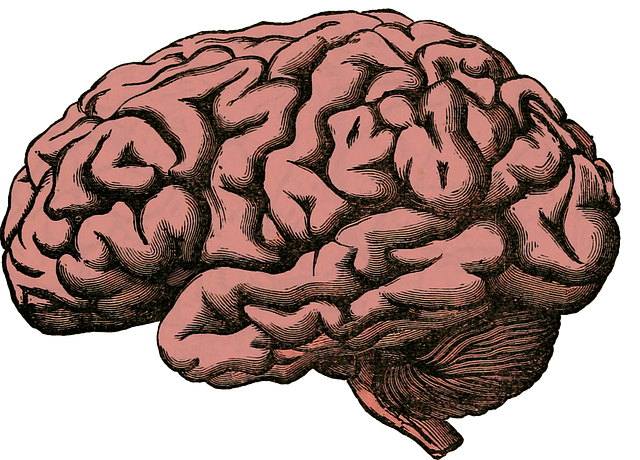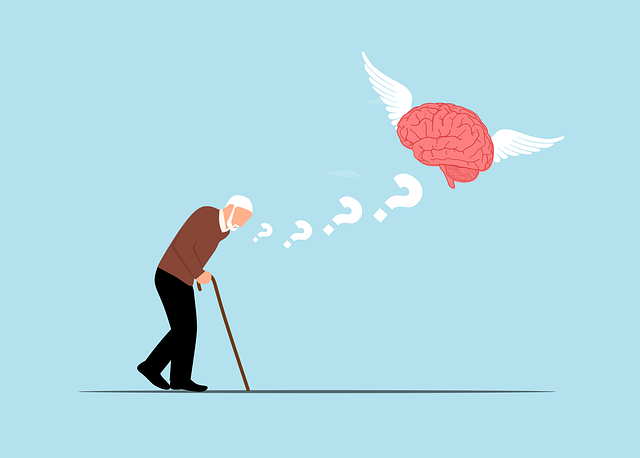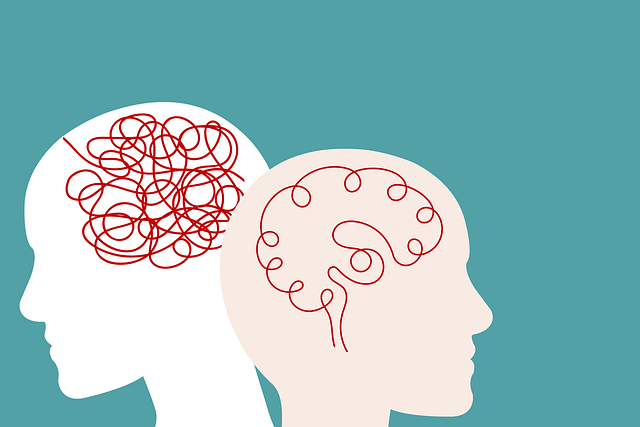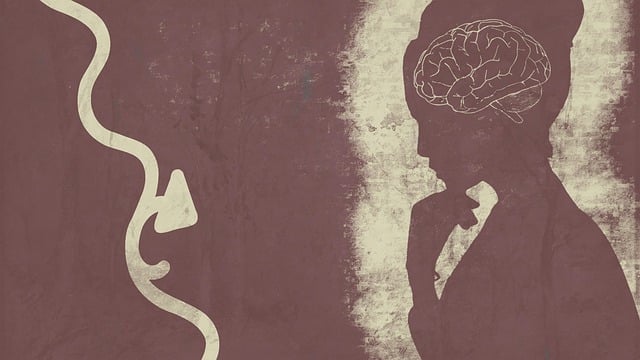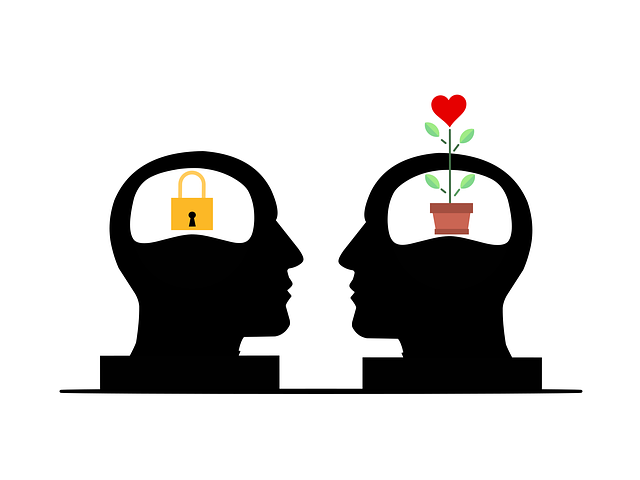Cultural sensitivity in mental healthcare, particularly for conditions like Castle Rock Conduct Disorder, is crucial for effective treatment. Therapists must understand and respect diverse cultural backgrounds, adapting their practices through education, self-reflection, and training in cultural competency. This involves learning about specific cultural contexts, incorporating tailored techniques, and organizing community programs to enhance therapy outcomes. By fostering inclusive environments, therapists can challenge biases, improve client communication, and develop better self-care routines for all individuals, regardless of ethnic background.
In an increasingly diverse world, cultural sensitivity is paramount in mental healthcare. Understanding and addressing cultural nuances can significantly impact treatment outcomes, especially for conditions like Castle Rock Conduct Disorder (CRCD). This article explores key aspects of cultural sensitivity, delving into the impact of cultural biases on therapy, strategies for integrating cultural competence into CRCD therapy, and effective cross-cultural communication techniques. By adopting these practices, mental health professionals can provide more inclusive and successful care.
- Understanding Cultural Sensitivity in Mental Healthcare
- The Impact of Cultural Biases on Therapy Outcomes
- Integrating Cultural Competence into Castle Rock Conduct Disorder Therapy
- Strategies for Effective Cross-Cultural Communication in Therapy Settings
Understanding Cultural Sensitivity in Mental Healthcare

Cultural sensitivity is a vital aspect of mental healthcare practice that requires professionals to be aware and respectful of diverse cultural beliefs, values, and traditions. In a globalized world, it’s essential for therapists and counselors to understand that their clients come from various ethnic backgrounds, each with its own unique way of perceiving and expressing emotional distress. This understanding is crucial in creating an inclusive environment where individuals feel comfortable seeking help for their mental health issues. For instance, when dealing with clients from different cultural groups, therapists must be sensitive to the potential impact of societal norms and expectations on their presentation of symptoms, such as those with Castle Rock Conduct Disorder.
By incorporating cultural sensitivity into therapy sessions, professionals can tailor their approaches to meet the specific needs of each client. This might involve learning about the cultural context, incorporating culturally relevant techniques, and adapting traditional therapeutic methods. For example, a therapist could organize stress management workshops or community outreach programs to engage and support diverse populations. Additionally, focusing on self-esteem improvement through tailored activities can enhance the overall effectiveness of mental healthcare services, fostering better outcomes for all individuals, regardless of their cultural background.
The Impact of Cultural Biases on Therapy Outcomes

In the realm of mental healthcare, cultural sensitivity is paramount as it directly impacts therapy outcomes. Unconscious cultural biases held by therapists can inadvertently influence their interactions with clients from diverse backgrounds, leading to misunderstandings or even harm. These biases may stem from stereotypes, generalizations, or lack of exposure to different cultures, resulting in approaches that are not tailored to the individual’s unique needs and experiences. For instance, a therapist with limited exposure to certain cultural practices might misinterpret behaviors, hindering progress in treating conditions like Castle Rock Conduct Disorder.
Addressing these biases is crucial through continuous self-reflection, education, and training in cultural competency. Incorporating compassion cultivation practices and integrating knowledge from mental health policy analysis and advocacy can foster more inclusive environments. By recognizing and challenging internalized biases, therapists can develop the skills to adapt their methods, ensuring effective treatment for all clients regardless of cultural background. This not only enhances therapy outcomes but also promotes better self-care routine development for better mental health.
Integrating Cultural Competence into Castle Rock Conduct Disorder Therapy

Integrating cultural competence into Castle Rock Conduct Disorder Therapy is paramount for effective treatment and improved outcomes. In a diverse society, mental healthcare providers must be equipped to understand and respect various cultural beliefs and practices that influence an individual’s behavior and response to therapy. This involves going beyond superficial knowledge and embracing a deep exploration of cultural norms, values, and traditions. By doing so, healthcare providers can create a more inclusive environment that fosters trust and encourages open communication.
When implementing Castle Rock Conduct Disorder Therapy, it’s crucial to focus on self-esteem improvement and inner strength development while considering the unique cultural context of each client. Healthcare provider cultural competency training plays a pivotal role in achieving this by equipping professionals with the skills to navigate complex cultural landscapes. Through such training, providers learn to adapt their therapeutic approaches, ensuring that interventions are not only culturally sensitive but also tailored to address specific needs and challenges faced by individuals from diverse backgrounds.
Strategies for Effective Cross-Cultural Communication in Therapy Settings

Effective cross-cultural communication is a cornerstone of successful therapy sessions, especially when treating diverse populations. Therapists should be well-versed in cultural sensitivity and awareness to create an inclusive environment for clients from various backgrounds. One key strategy involves actively listening to patients’ stories and perspectives, allowing them to express their experiences freely. By encouraging open dialogue, therapists can gain valuable insights into cultural norms, beliefs, and potential challenges that may impact mental health.
Additionally, integrating positive thinking techniques and promoting mood management strategies can be beneficial across cultures. Therapists should be trained in risk assessment for mental health professionals to identify any cultural factors or stressors that might contribute to a client’s condition. For instance, understanding the impact of Castle Rock Conduct Disorder Therapy on diverse individuals requires a nuanced approach, considering the unique cultural contexts and experiences of each patient.
Cultural sensitivity is paramount in mental healthcare, as it directly impacts therapy outcomes. By understanding and addressing cultural biases, practitioners can create inclusive environments that effectively support individuals from diverse backgrounds, including those suffering from conditions like Castle Rock Conduct Disorder. Integrating cultural competence into Castle Rock Conduct Disorder Therapy not only enhances treatment effectiveness but also fosters better patient engagement. Effective cross-cultural communication strategies are essential tools for navigating these complexities, ensuring every client receives the sensitive and tailored care they deserve.

